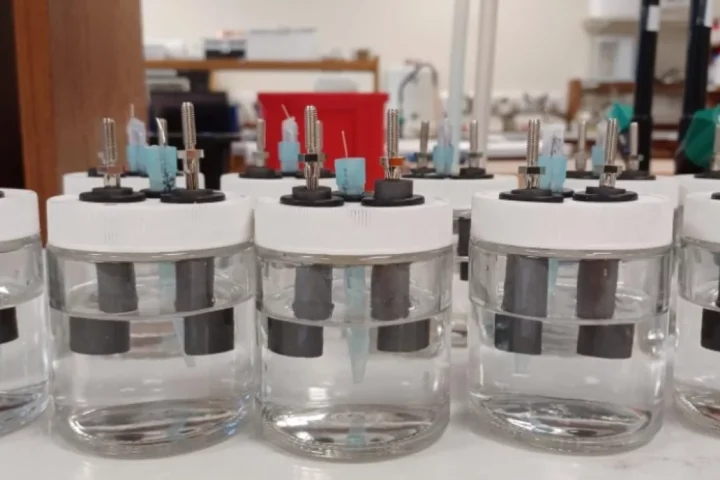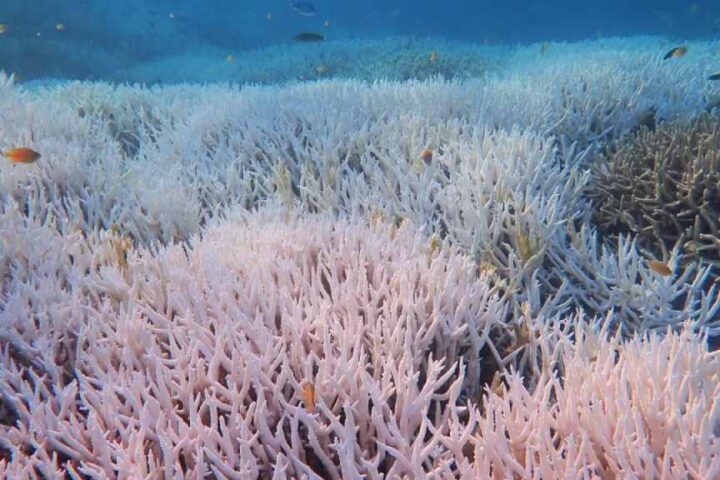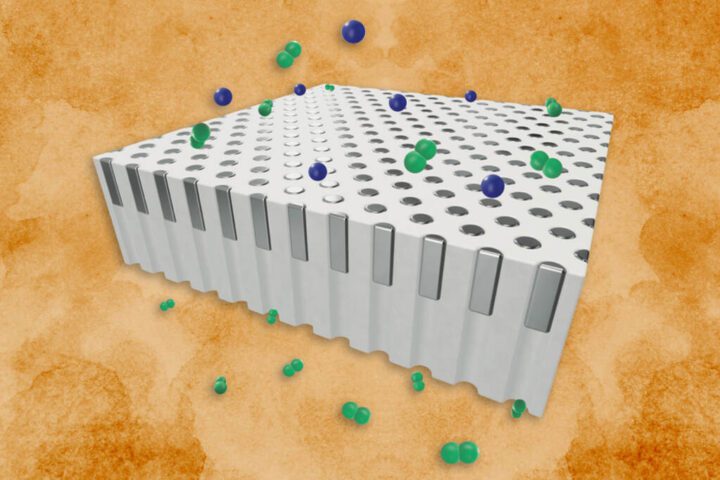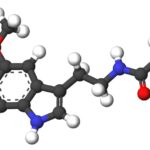A breakthrough discovery by researchers at the University of Adelaide has made waves in the energy sector with the production of clean hydrogen fuel from seawater without any prior treatment. The world’s increasing demand for hydrogen fuel, a renewable energy source that releases only water as a byproduct when burned, is likely to escalate in the near future as the shift away from fossil fuels continues. These findings hold tremendous potential to bring down the cost of green energy production in coastal regions.
The researchers at the University of Adelaide have made a significant discovery in the realm of clean energy production. They have managed to create hydrogen fuel from seawater without undergoing any pre-treatment. The process uses a non-precious, cost-effective catalyst in a commercial electrolyzer and has an efficiency rate of nearly 100 percent in separating seawater into oxygen and hydrogen. This breakthrough could revolutionize the production of green energy, especially in coastal areas, as it eliminates the need for purifying seawater before electrolysis. According to Professor Shizhang Qiao, the team’s co-lead, the use of cobalt oxide with chromium oxide on its surface as the catalyst was found to have a performance similar to the conventional use of platinum and iridium catalysts on purified and deionized water.
Seawater has a vast abundance of resources compared to freshwater, and using it as a source for producing hydrogen fuel without pre-treatment could potentially result in cost savings. Nonetheless, this solution may only be feasible for communities near coastlines that have a surplus of seawater, and may not be as practical for landlocked regions such as Iowa or Kansas.
The researchers aim to take their findings to the next level by scaling up their system with a larger electrolyzer. They envision the potential application of their discovery to the commercial production of hydrogen fuel for fuel cells and ammonia synthesis. Co-lead Yao Zheng expressed, “Our study presents an innovative approach to utilizing seawater without the need for pre-treatment or adding alkali, and it performs similarly to existing metal-based electrolyzers in purified water.”


















